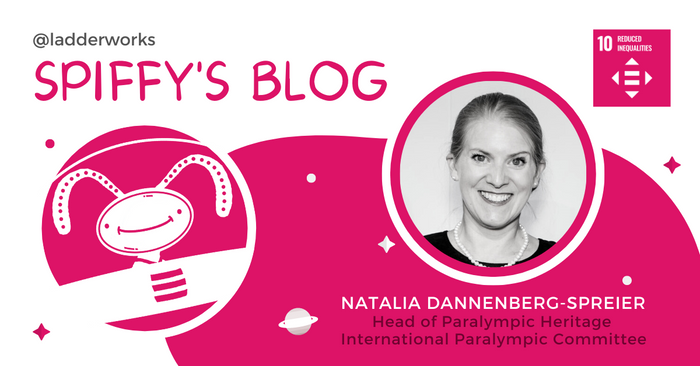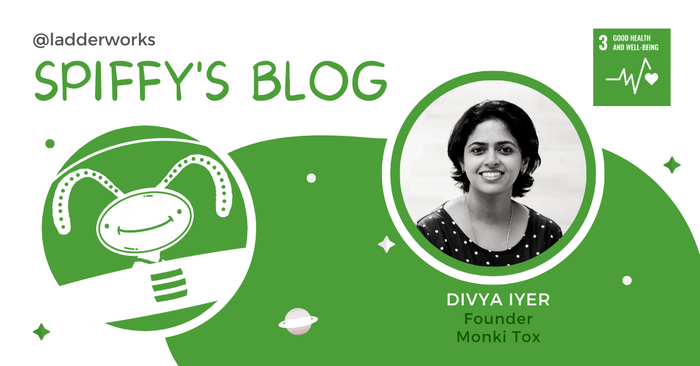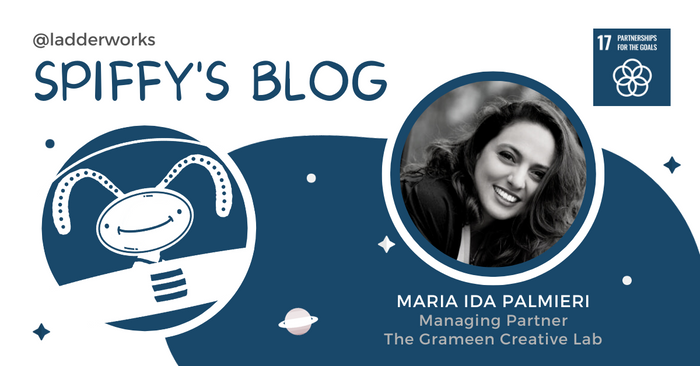Natalia Dannenberg-Spreier: Changing Attitudes About Disability Through Sports

Natalia: It’s great to be here, Spiffy! At a time when diversity and inclusion are hot topics, the 15 percent in the world who have a disability want effective change to remove the inequality, discrimination, and inactivity they face. The International Paralympic Committee wants to change attitudes about disability, improve accessibility, and increase opportunities for people with a disability through the power of sport. By using the platform of the Paralympic Games, we are raising awareness of the barriers and discrimination people with disabilities face on a daily basis at all levels of society. Paralympic athletes can act as a catalyst to break down these barriers, so all persons with disabilities can fulfill their potential and be active and visible members of an inclusive society.



